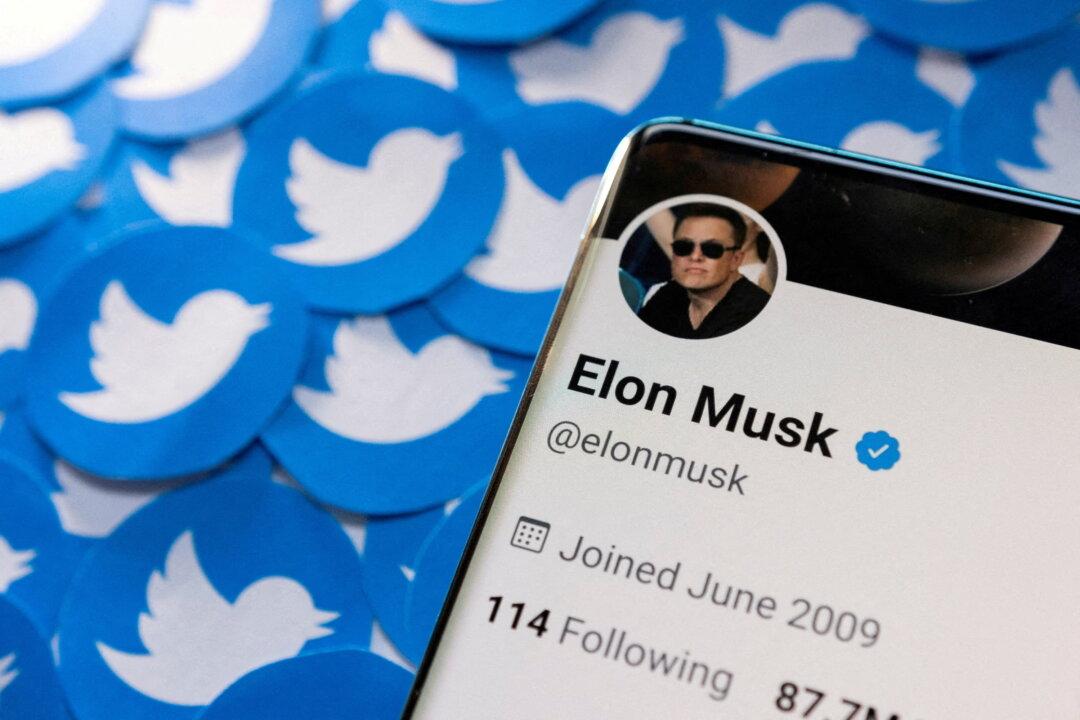Elon Musk has suggested he wants to slash his initial $44 billion takeover bid for social media platform Twitter after accounting for the proportion of bots present on the microblogging site.
“I’m worried that Twitter has a disincentive to reduce spam, as it reduces perceived daily users,“ Musk said in a series of tweets on May 21. ”They still refuse to explain how they calculate that 5% of daily users are fake/spam! Very suspicious.”





